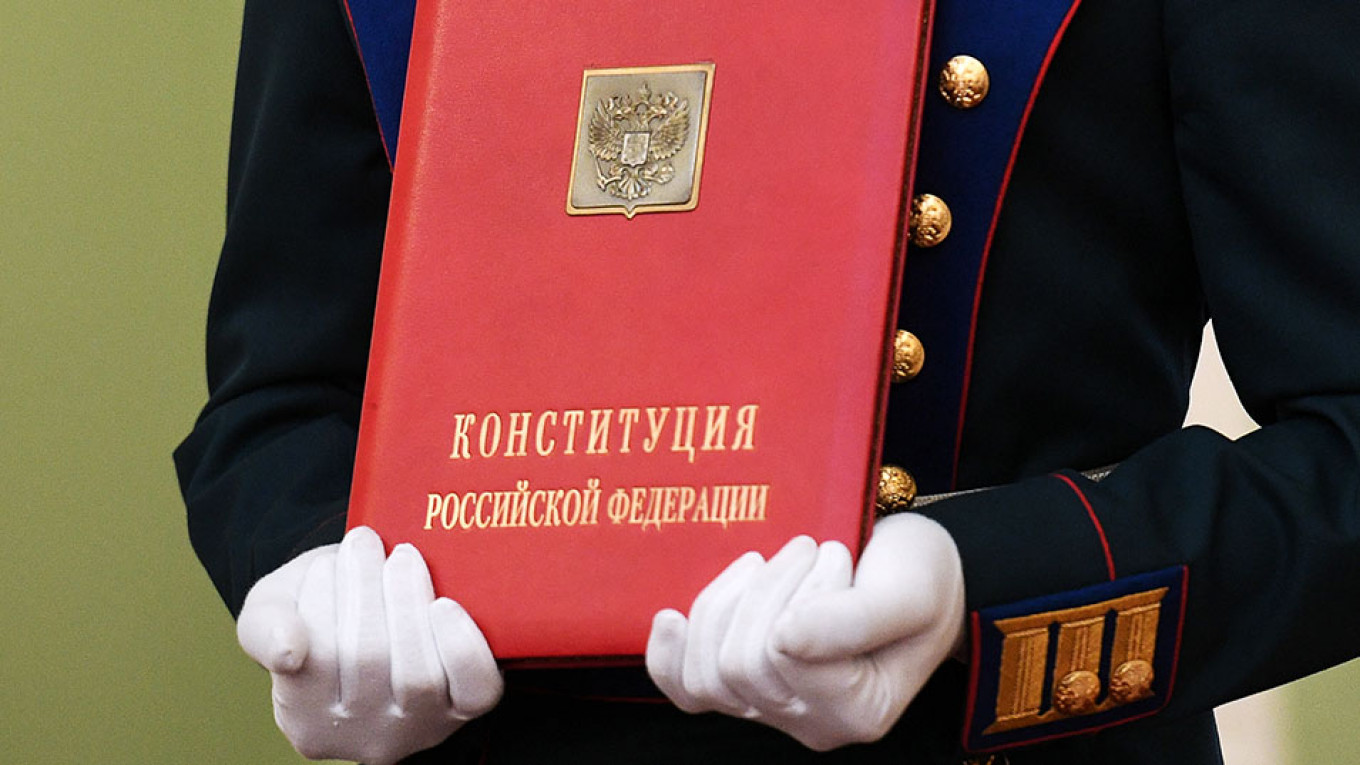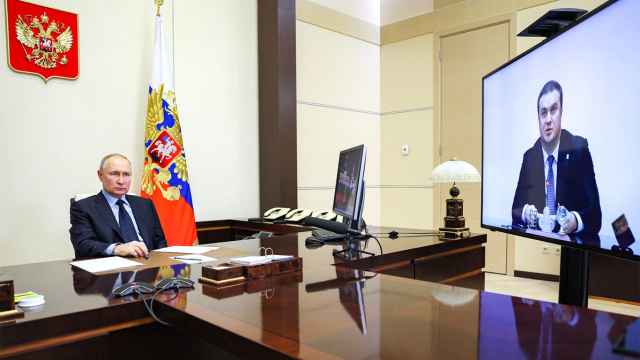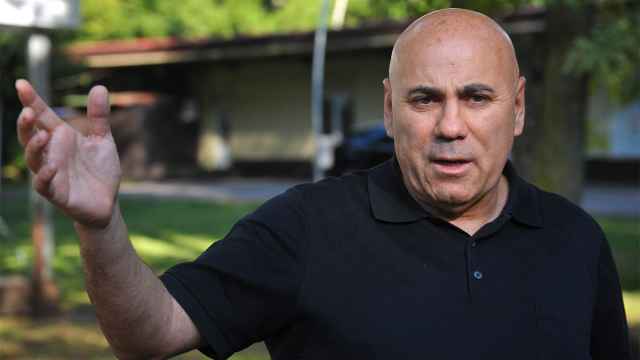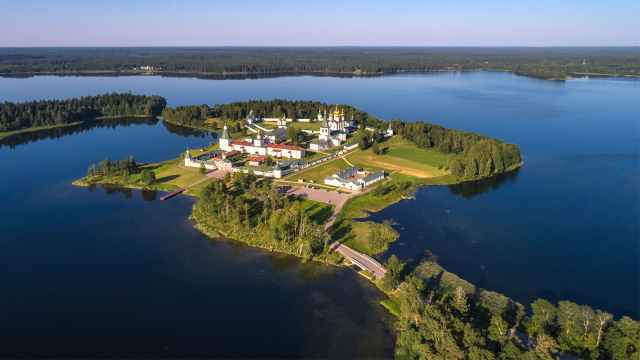Russian President Vladimir Putin announced several constitutional amendments in the closing minutes of his annual state of the nation address Wednesday.
While Putin said the package of amendments should be put to a nationwide vote, Kremlin spokesman Dmitry Peskov said that vote does not entail a referendum.
The national vote on Putin’s package of constitutional amendments is expected to be held before May 1, a source in Russia’s upper house of parliament told the state-run TASS news agency.
Here’s a look at the constitutional amendments Putin proposed:
- Limit the presidency to two terms, regardless of whether they were served back-to-back.
- Tighten restrictions on presidential candidates, including banning them from holding second citizenship or permanent residency abroad and requiring them to have lived in Russia for 25 years.
- Prioritize the Russian Constitution over international treaties and other acts.
- Make the State Council — Putin’s advisory body that he established when he was first elected in 2000 — an official governing body.
- Ban lawmakers, cabinet ministers, judges and other federal-level officials from holding second citizenship or permanent residency abroad.
- Grant Russia’s lower house of parliament the authority to appoint the prime minister, their deputies and cabinet ministers. Bar the president from rejecting these nominations.
- Grant senators the authority to consult the president on appointing the heads of all security agencies.
- Grant senators the power to dismiss “dishonorable” Constitutional and Supreme Court judges based on the president’s proposal.
- Grant Constitutional Court judges the authority to review draft laws at the president’s request before the head of state signs them.
- Set Russia’s minimum wage at or above the poverty line and adjust pensions to inflation every year.
A Message from The Moscow Times:
Dear readers,
We are facing unprecedented challenges. Russia's Prosecutor General's Office has designated The Moscow Times as an "undesirable" organization, criminalizing our work and putting our staff at risk of prosecution. This follows our earlier unjust labeling as a "foreign agent."
These actions are direct attempts to silence independent journalism in Russia. The authorities claim our work "discredits the decisions of the Russian leadership." We see things differently: we strive to provide accurate, unbiased reporting on Russia.
We, the journalists of The Moscow Times, refuse to be silenced. But to continue our work, we need your help.
Your support, no matter how small, makes a world of difference. If you can, please support us monthly starting from just $2. It's quick to set up, and every contribution makes a significant impact.
By supporting The Moscow Times, you're defending open, independent journalism in the face of repression. Thank you for standing with us.
Remind me later.






